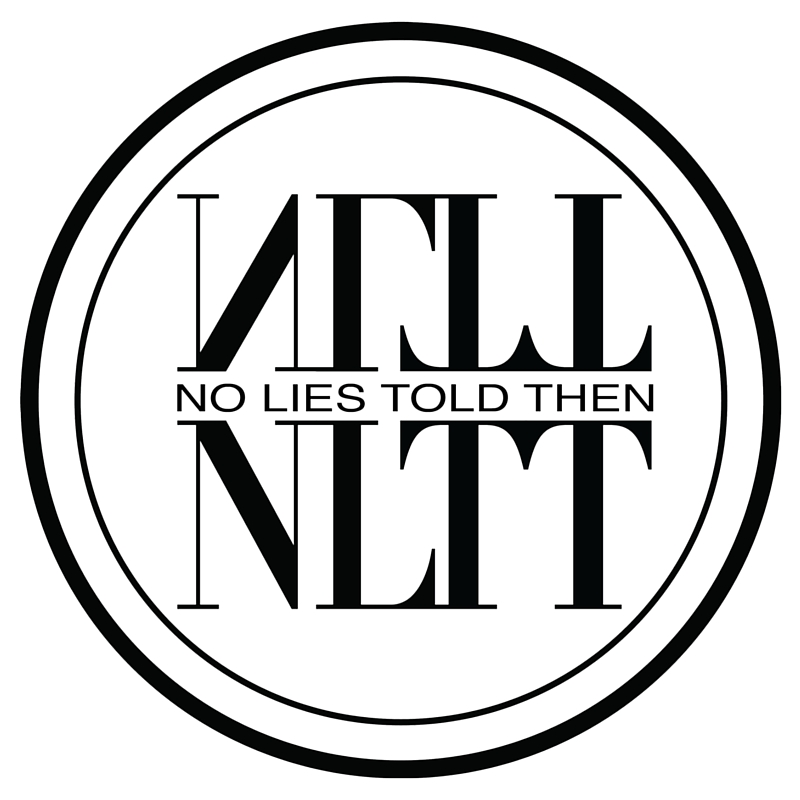In August, I packed my car and drove from Brooklyn, NY to Cincinnati, OH leaving my carefully curated life frozen in time heading toward my childhood home to intercede on my mother’s behalf. The increasingly frequent phone calls from the 513-area code about my mom’s forgetfulness and strange behavior had culminated in my mother getting lost one Sunday after church for several hours. She left church driving herself per usual and should have ended up at my cousin’s house for a family dinner about 10-minutes later. When she didn’t show up after 30-minutes my family went out looking for her, circling the 2-mile radius between the church and my cousin’s home. 60-minutes later I received a panicked phone call, “we lost your mom…”and 3-hours later my mom finally answered the phone at her house as if nothing had happened, “I couldn’t remember how to get to Judy’s house so I just came home.”
I am the only daughter of a single mother who has been She-Ra in my eyes for as long as I can remember. Everything I know I learned from studying her example. My mother set high standards for me and for herself. She wouldn’t accept anything less than overachieving and she seemingly did it all in heels with perfectly quaffed hair smelling like Chanel No. 5. She took care of me, her mother, and everybody else in our family. I never heard her say no to a person in need and I never saw her put herself first. What I saw in my mother was the typical model of the strong black woman. Given the heroines that populate my life, it is no wonder that it has taken me 42-years to realize there is more to the story of being a strong black woman. I got my first glimpse through the crack in the veneer after 8-weeks of putting my life on hold to become my mother’s advocate and caretaker.
Returning to Cincinnati felt like dropping off of a cliff into a sketch of somebody else’s life. My old life in New York did not matter, left suspended in mid-air, it seemed too far away to be of any concern. Endless doctor appointments, chauffeuring my mother from one place to the next to keep her occupied, distracting her when she started to ask questions about why she couldn’t drive herself, trying to maintain a level of calm and compassion when she asked for the hundredth-time what day it was and what she was supposed to be doing, this was my life now. On September 21st this strange thing that was causing my prototype of a strong black woman to fall apart was given a name, Alzheimer’s disease.
As my mother’s neurologist explained the disease and the test results that led her to this diagnosis, I was vibrating with fear and trying to maintain my composure; Ask intelligent questions, engage the social worker that had been called into the room respectfully, remain stoic, wear the mask, and play the part of the strong black woman. My mother, did the same as if we were talking about the dire prognosis of a stranger. For the next several weeks, it was more of the same I just kept moving through the days holding my mother’s life together providing support on her bad days and disappearing into the background on her good days.
On October 2nd, a full 8-weeks after I abruptly put my life on hold, I went back to my apartment in Brooklyn. My flight landed on a beautifully clear night. As the lights of New York came into view the weight of being a full-time caretaker began to fall away; the armor of being a strong black woman is heavy and makes it impossible to touch and heal the tender places on the heart and the wounds of the soul. When I walked into my apartment, it felt like a diver breaking the surface of the water for the first time. Almost reflexively I drew my first lung filling breath in weeks. I dissolved into a heap of tears alone in the stillness of a space that for years had been my home. The feeling came rushing back to my body with a new awareness. I matter, checking in with myself frequently is essential to my survival, I need people to help hold me up, and there is strength and beauty in every human emotion.
We are familiar with the archetype of the strong black woman being the mighty oak tree but that is a one-dimensional understanding of the complex intersectionality of womanhood and blackness. Sometimes the strong black woman is the weeping willow. Like the root system of the willow, the strong black woman feels deeply and her strength is often hidden beneath the surface.
I am learning that I cannot be a strong black woman if I do not prioritize self-care. What I feel is as important as what I think and I should not suppress either. Perhaps most importantly, I am learning that I cannot be a strong black woman in isolation. I give myself permission to explore the fullness of all my identities and accept that even in my human fragility, I am a strong black woman.








